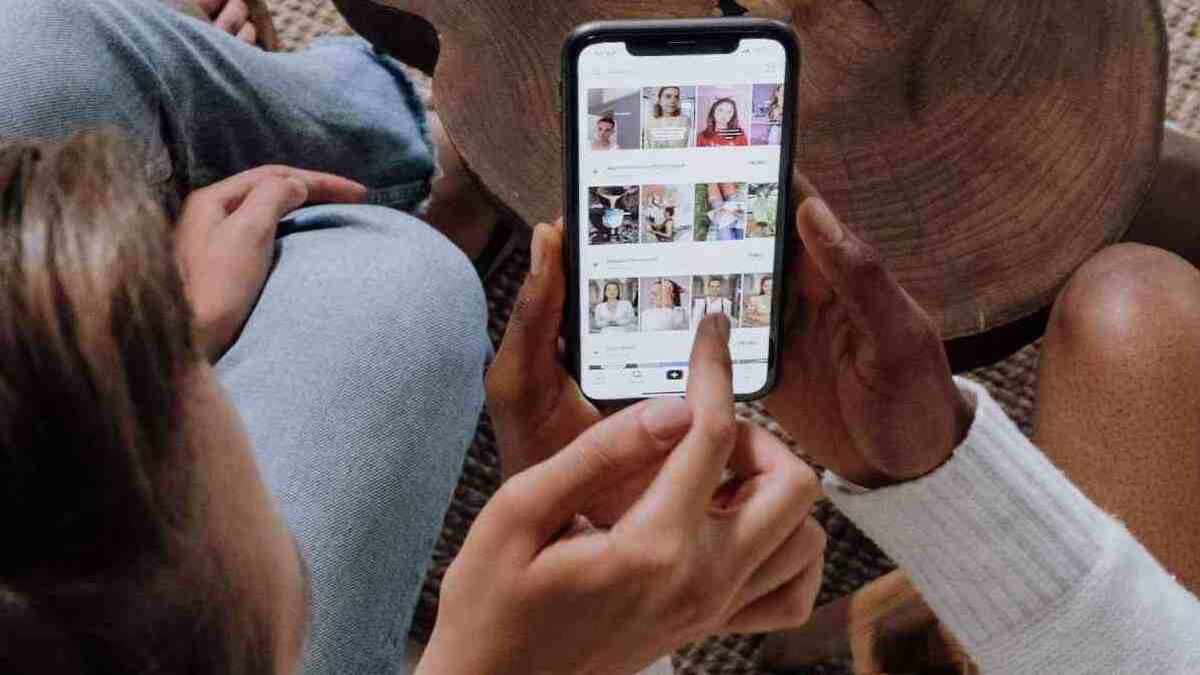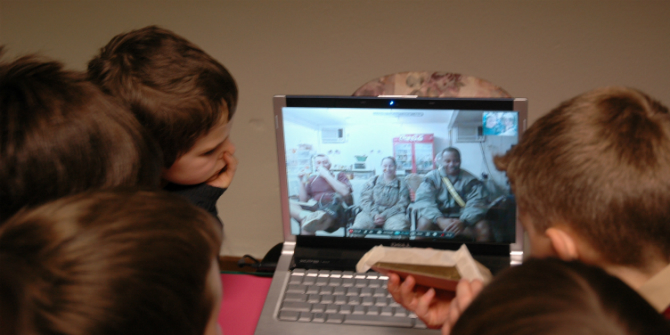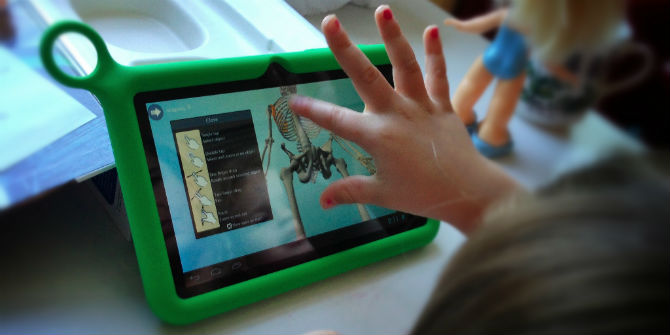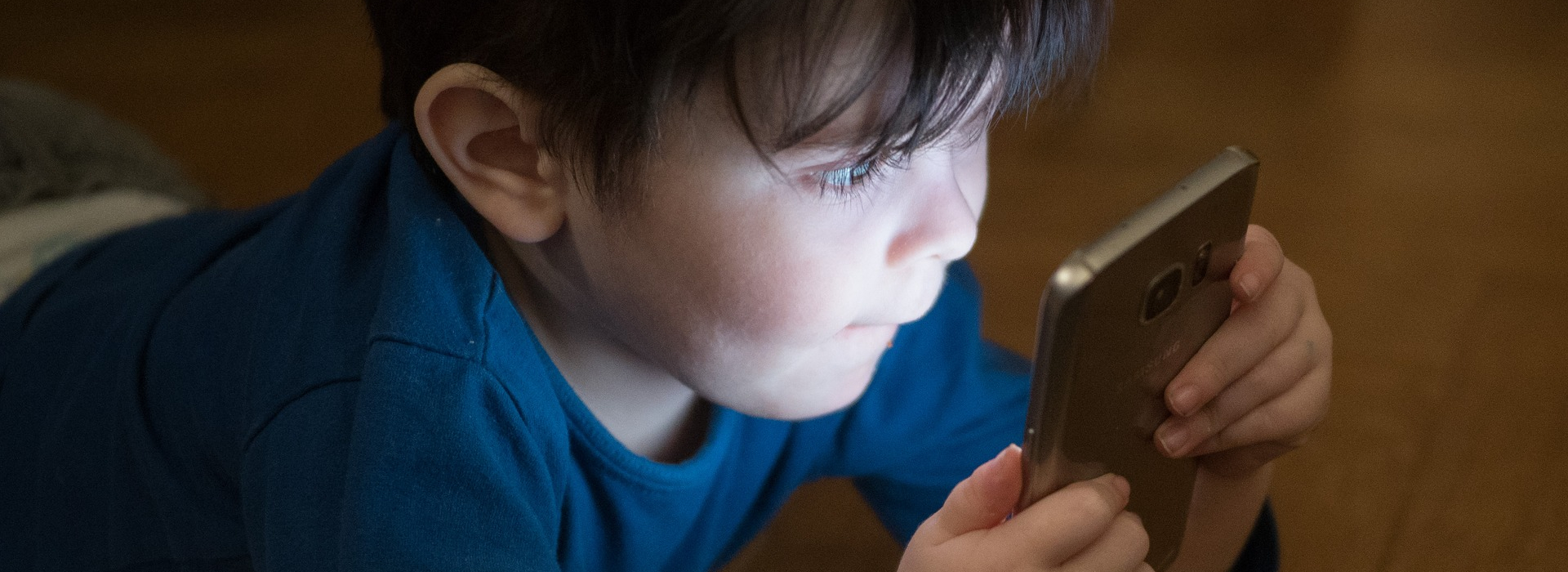A new year has just begun, many of us find ourselves caught in new or ongoing restrictions of our working and social lives. With schools back online parents resume the juggling of childcare, job responsibilities and home-schooling, sometimes without adequate internet access or much needed support. It is clear that the new normal is still “digital by default” and will be for the months to come.
So, what did we learn from the blog contributions over the past six months that can help us understand what might be coming next?
Digital affordances and online opportunities
Adjusting to a socially distanced world, digital technologies can afford new opportunities for overcoming physical barriers, as a few of our guest authors discussed. Alternatives to face-to-face contact, such as acts of symbolic play or virtual communication between children and non-resident family members can help children cope with separation and loss and facilitate the maintenance of their personal relationships over distance. Media plays a significant role in children’s lives during lockdown also as a source of education, information and entertainment. Online learning environments can also help children develop their skills and competence from a very young age and can scaffold the learning process. Digital education is not without its challenges but it can be effective, especially when integrated throughout the curriculum.
Digital media and risk of harm
When considering online risks, it is important to acknowledge the perspectives of children and young people. The notion of inappropriateness is vague and subjective, yet often used by teachers, cyber safety educators, and the media to highlight online material and behaviours which may pose a risk to children. For example, a couple of our guest blogs addressed the need to recognise that sexualised media may be part of young people’s normal sexual expression, experimentation and identity formation. Rather than adopting a restrictive protectionist approach, it is important to provide spaces where young people can engage safely in conversations about their experiences with sexual communication online, about consent and personal boundaries in their relationships.
Diversity and child rights
A child-centred perspective is also important for the realisation of their rights in the digital environment, particularly in a context of growing reliance on online technologies. A few of our guest authors called for a balanced approach, which supports, protects and promotes the rights of children in a way that recognises their diversity and overcomes exclusion. There has been a growing sense of the need to support marginalised children to flourish within digital cultures and technologies, overcoming barriers related to disability, poorer backgrounds, disadvantaged communities, or refugee status. This highlights the importance of distinguishing different types of online experiences and offering support that respects diverse circumstances, builds competence, and inspires new possibilities.
Parenting and digital technologies
Following the recent publication of our new book (by Sonia Livingstone and Alicia Blum-Ross), we and our guest authors often discussed parenting and digital technologies through the blog. Parents balance their hopes and fears about technology trying to find ways and means to bring up their children equipped for a digital future. Their investment in children’s digital media learning, however, has very unequal outcomes, given families’ very different circumstances and resources. Parents face difficult decision-making amongst a seemingly unlimited range of digital opportunities for their children and conflicting advice asking them to both restrict and support their child’s exploration of new technologies. Feeling the pressure to get digital parenting right, they turn to parenting apps in search of scientifically verified, yet personalised, information, guidance, and resources. Responses to the COVID-19 pandemic have placed a renewed emphasis on living our lives online and families are receiving further encouragement from businesses, schools, and the media to share more of their personal life and activities online. Often confused between real and hyped risks and how to choose the best approach, parents need effective assistance that supports their own and their child’s specific needs.
What is next?
As children’s lives became more digitally mediated than ever before, the differences between participation and exclusion, opportunity and risk, harm and wellbeing became more apparent and pronounced. There is a great potential in harnessing this heightened awareness of children’s vulnerabilities and turning it into better provision, protection, and participation of children in a digital world. We look forward to blogging about the latest developments and monitoring if this potential for change will be utilised.
If you wish to contribute a blog post on parenting and childhood in a digital world, please get in touch.
First published at www.parenting.digital, this post gives the views of the authors and does not represent the position of the LSE Parenting for a Digital Future blog, nor of the London School of Economics and Political Science.
You are free to republish the text of this article under Creative Commons licence crediting www.parenting.digital and the author of the piece. Please note that images are not included in this blanket licence.
Featured image: photo by Mary Taylor on Pexels





